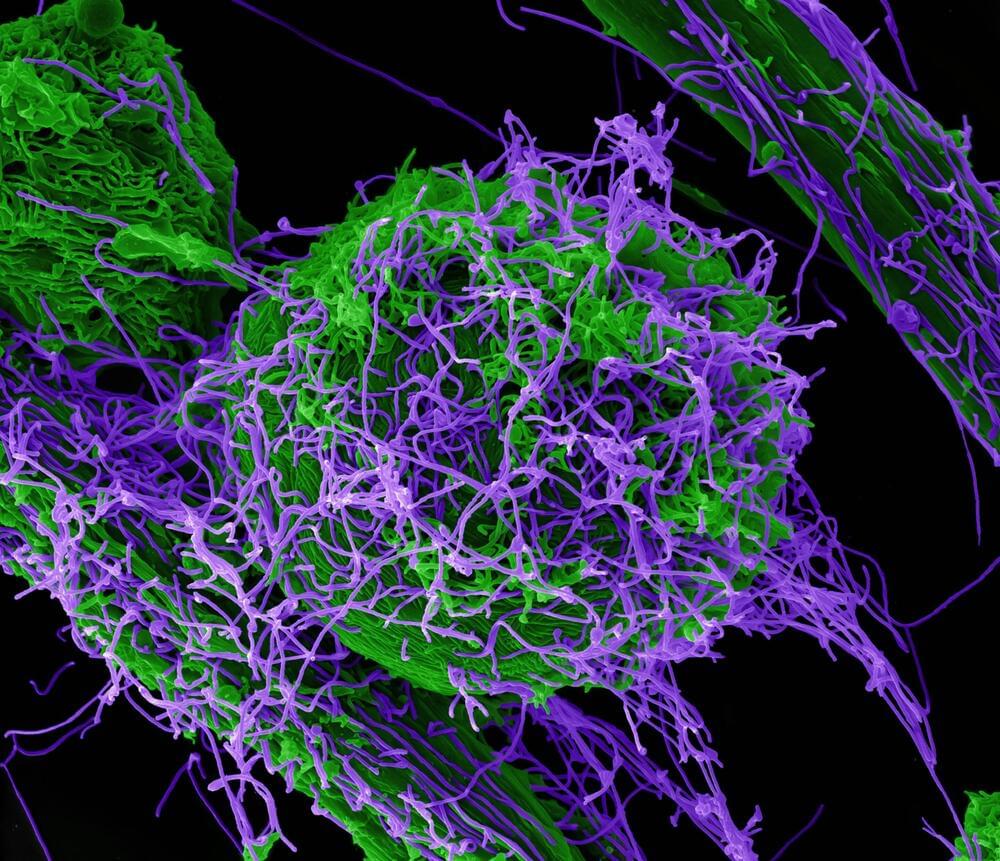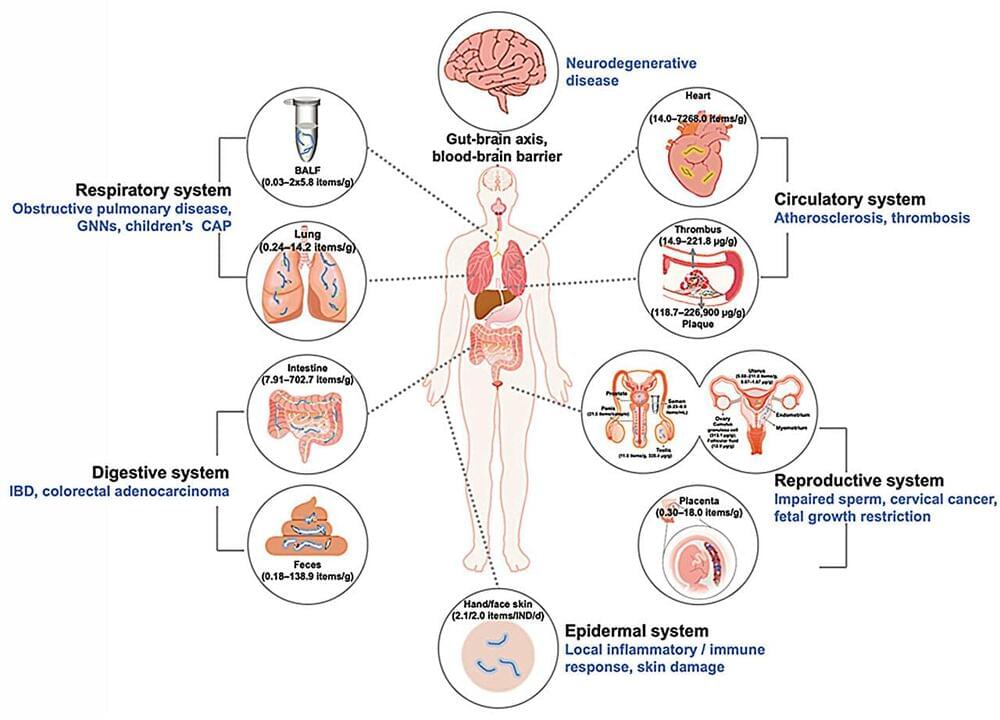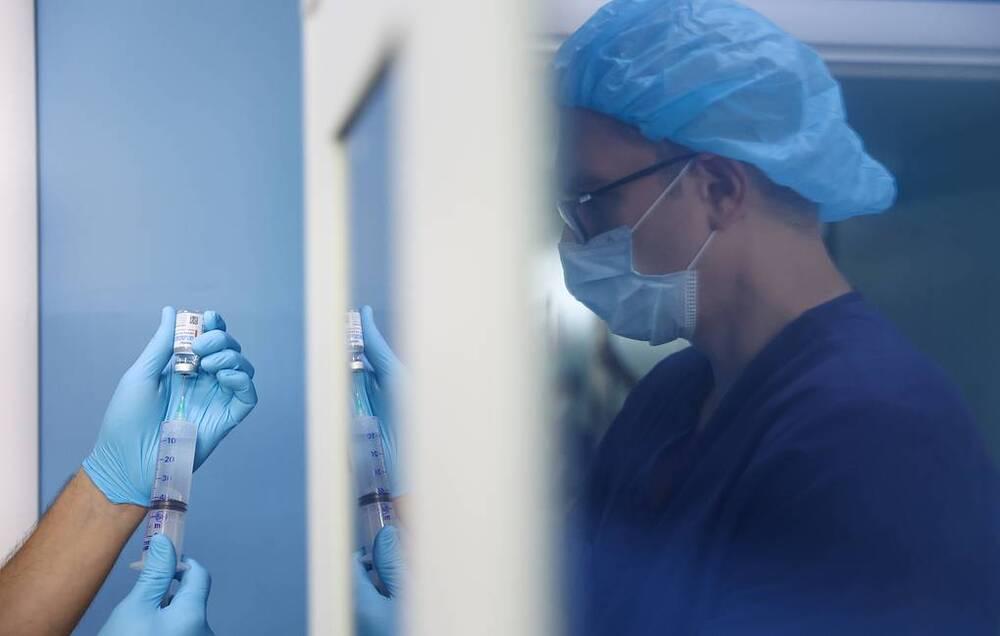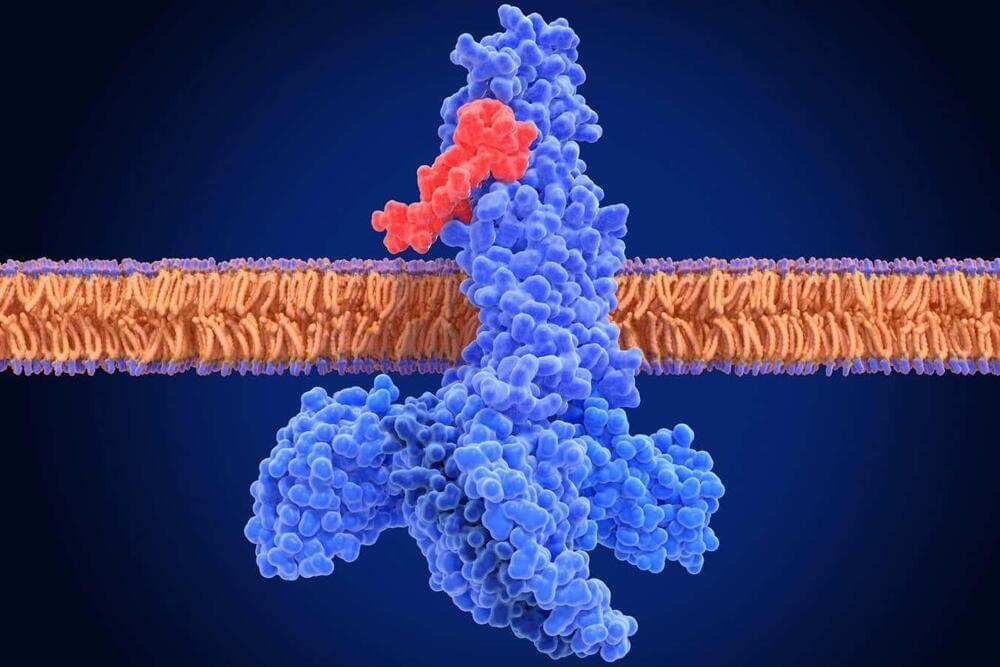The World Health Organization (WHO) has declared the mpox outbreak in parts of Africa a public health emergency of international concern.
The highly contagious disease — formerly known as monkeypox — has killed at least 450 people during an initial outbreak in the Democratic Republic of Congo.
It has now spread across parts of central and east Africa, and scientists are concerned about how fast a new variant of the disease is spreading and its high fatality rate.










